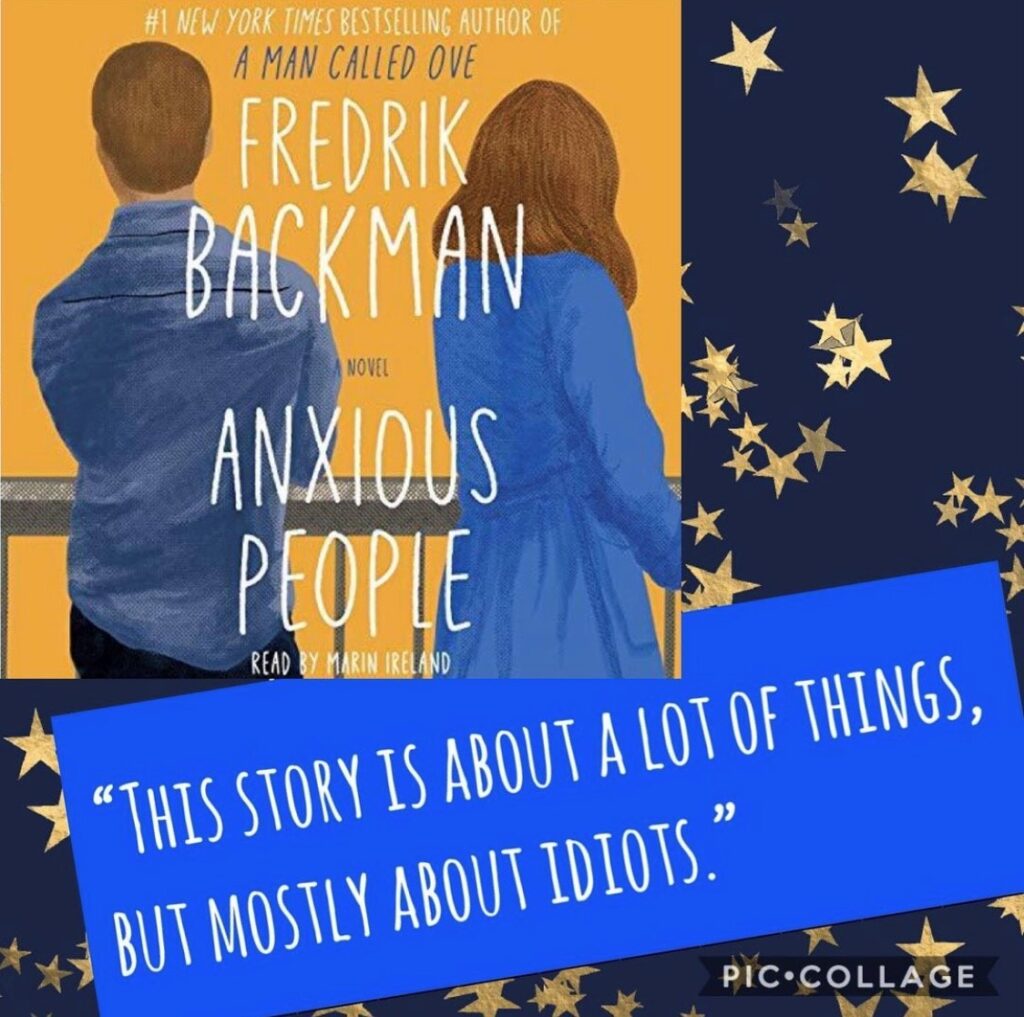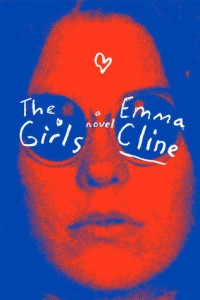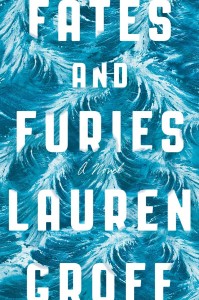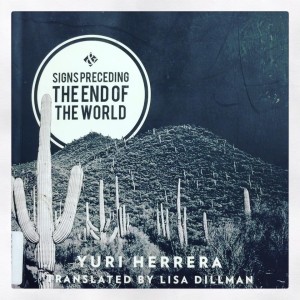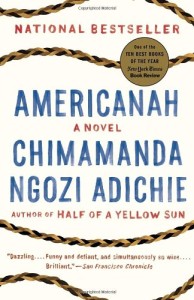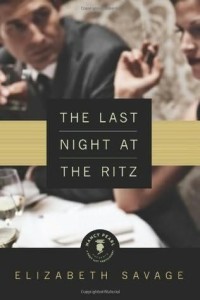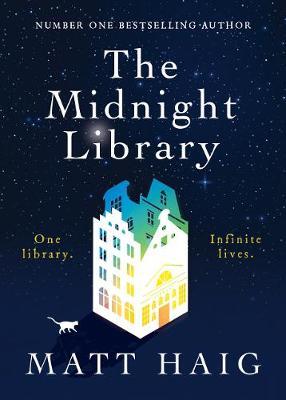
“Between life and death there is a library, and within that library, the shelves go on forever. Every book provides a chance to try another life you could have lived. To see how things would be if you had made other choices… Would you have done anything different, if you had the chance to undo your regrets?”
The average adult makes approximately 35,000 decision a day – some consciously, others not. And each decision results in a specific direction or outcome that would be different, were we to make a different choice.
At 35, Nora Seed is sad. She’s just lost her retail job at String Theory, a guitar shop, that she’s held for 12 years. Her cat, Voltaire, was found dead on the side of the road. She’s estranged from her older brother. She does not want to live and is certain she will not be missed. So she makes a choice to end her life.
But life had different plans.
Nora doesn’t die. She ends up in a sort of limbo, in between life and death, at the Midnight Library. Staffed by her elementary school librarian, Mrs. Elm, Nora is presented first with a doorstop of a book that holds all of her regrets. There are so many, she can only read a couple at a time. Mrs. Elm has her close the book and focus on the choices she can make. Each book in this infinite collection, is a version of her life that goes a different way simply by making a different choice.
But Nora is done making choices and she’s ready to die. She want’s to die.
Mrs. Elm says if that were the case, she would not have ended up at the Midnight Library.
“Want,’ she told her, in a measured tone, ‘is an interesting word. It means lack. Sometimes if we fill that lack with something else the original want disappears entirely. Maybe you have a lack problem rather than a want problem. Maybe there is a life that you really want to live.”
And so, an adventure of sorts begins. Whenever Nora steps into a new life, she can stay and settle in, or if she remains disappointed, she can return to the library. There is a catch though, while there are infinite books meaning and endless amount of lives and possibilities, there is not an endless supply of time. The duration of her time to decide is unknown.
What could end up being a book of doom and gloom or pointless repetition ends up being a gem of a story — no, stories — about the possibilities that life can offer. The audiobook version narrated by Carey Mulligan as extra depth. Author Haig delivers so many good nuggets about patience, kindness, creativity, and curiosity. And there are important reminders, like this one:
“There are patterns to life . . . Rhythms. It is so easy, while trapped in just the one life, to imagine that times of sadness or tragedy or failure or fear are a result of that particular existence. That it is a by-product of living a certain way, rather than simply living. I mean, it would have made things a lot easier if we understood there was no way of living that can immunise you against sadness. And that sadness is intrinsically part of the fabric of happiness. You can’t have one without the other. Of course, they come in different degrees and quantities. But there is no life where you can be in a state of sheer happiness for ever. And imagining there is just breeds more unhappiness in the life you’re in.”
The Midnight Library came into my life at an important time. When I, along with so many others, are dealing with major Covid pandemic fatigue. When I, along with so many others, have a loved one that deals with depression. When, I along with so many others, are getting by turning off the news, and turning to books. Especially books that remind us there is so much to experience in this life, even if every day isn’t picture perfect.

